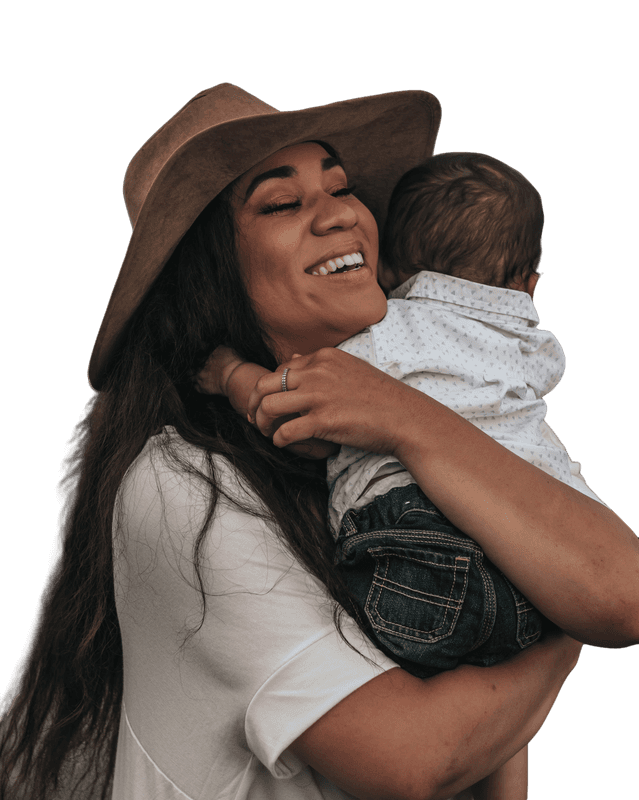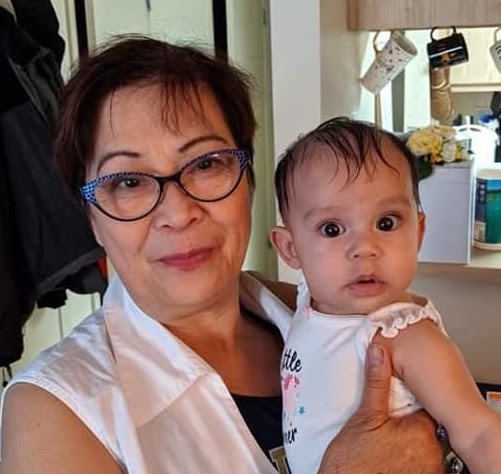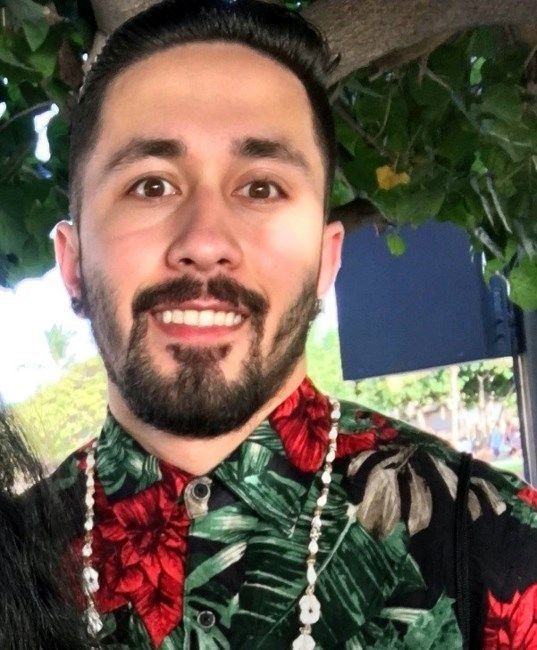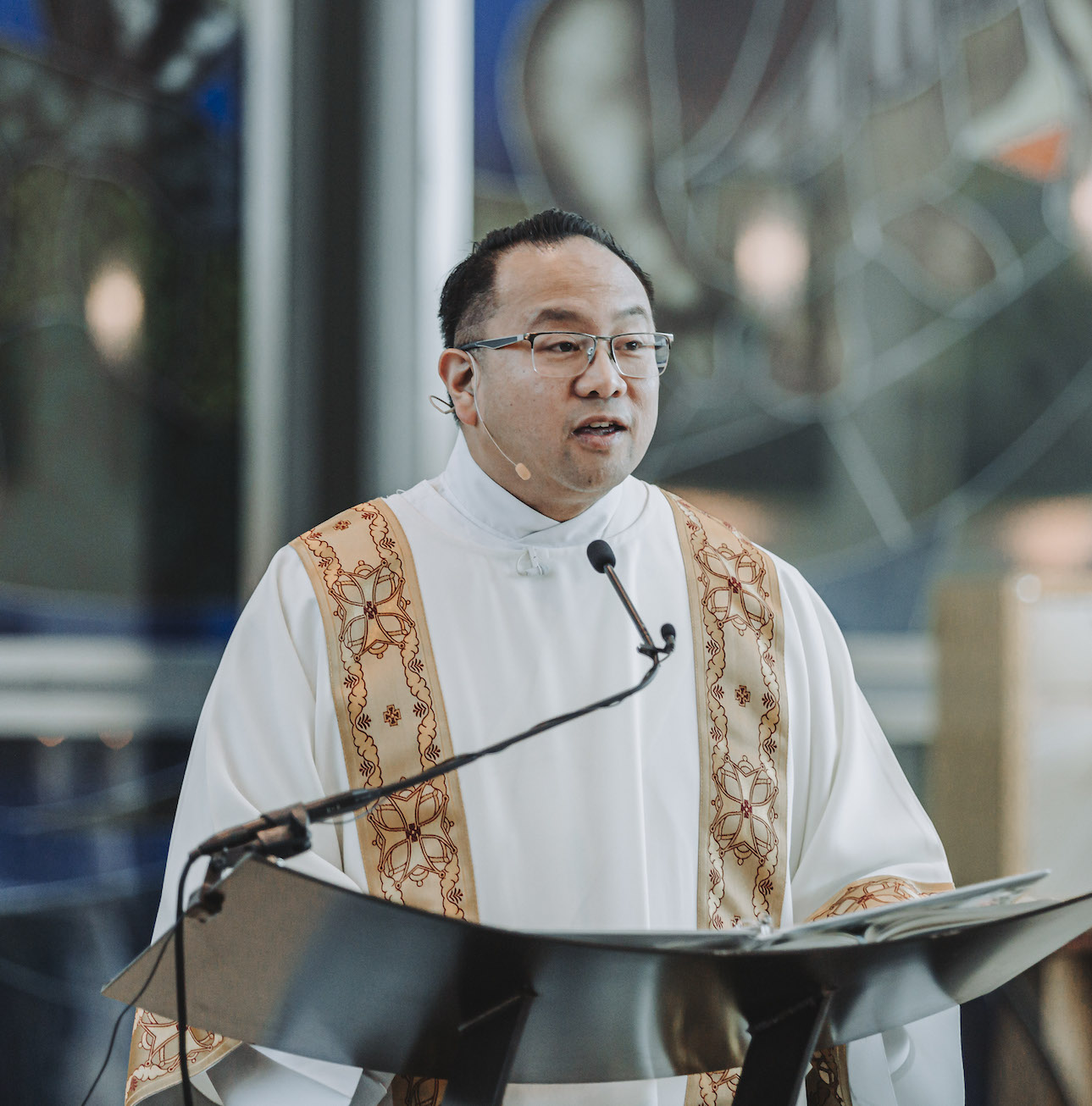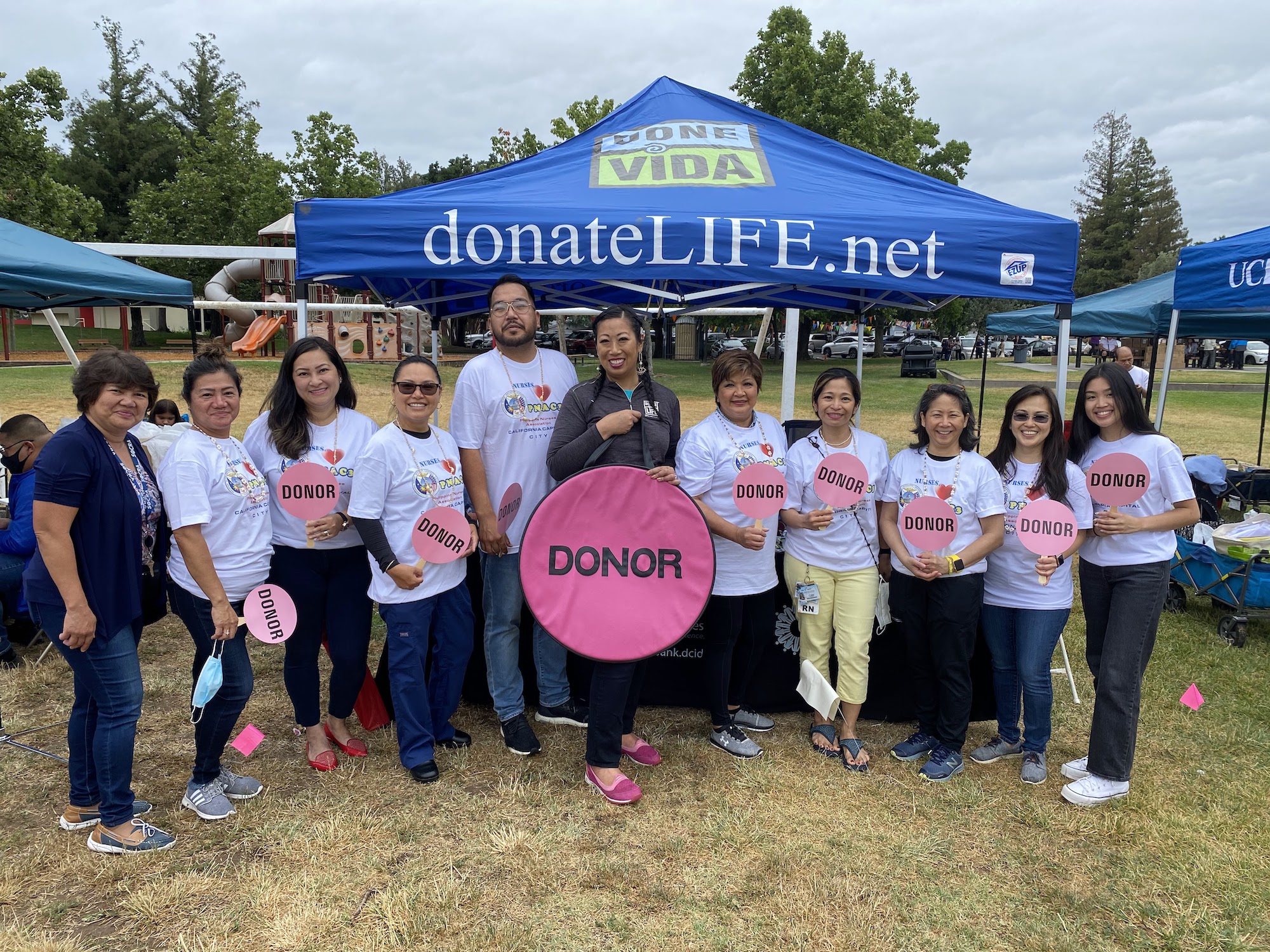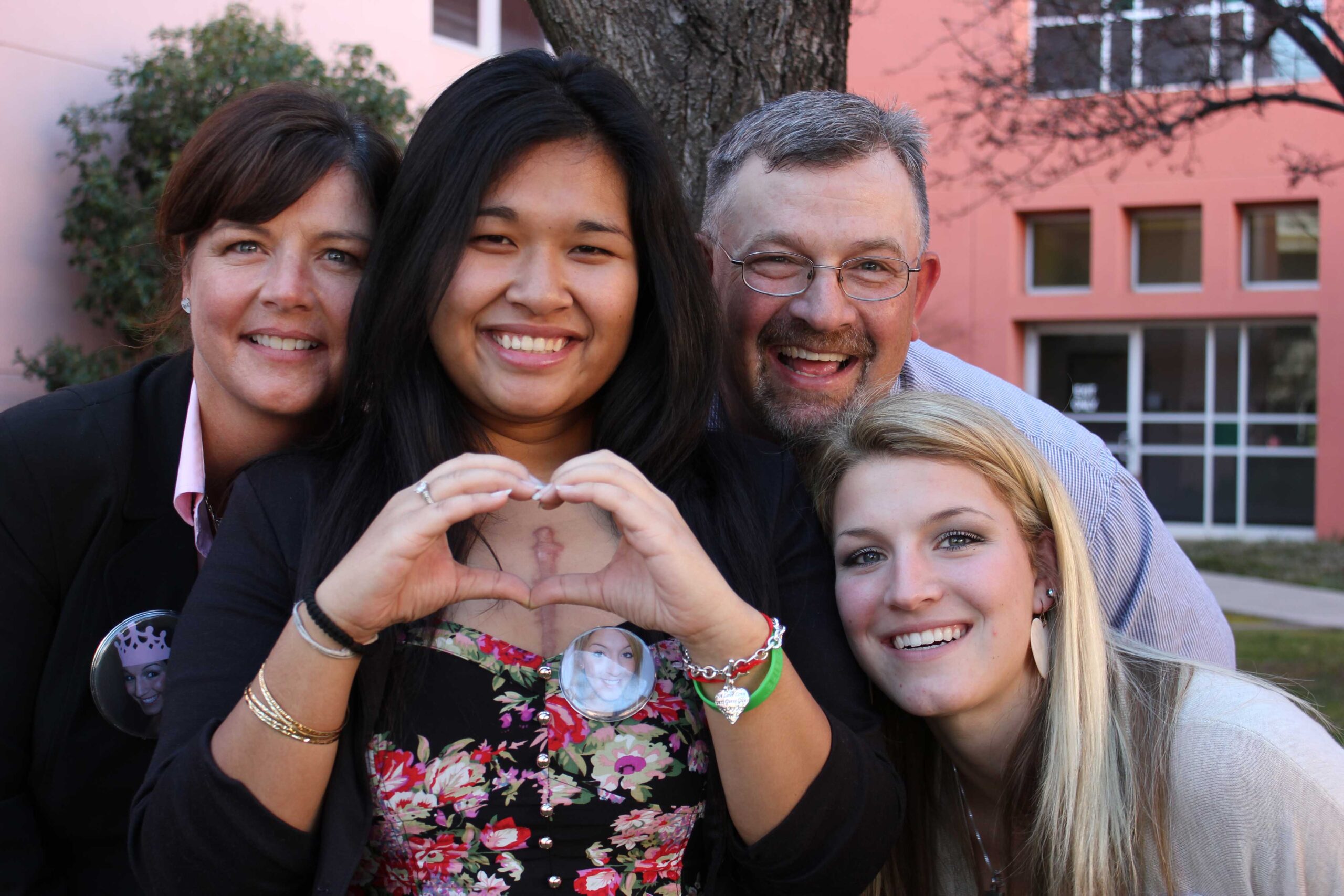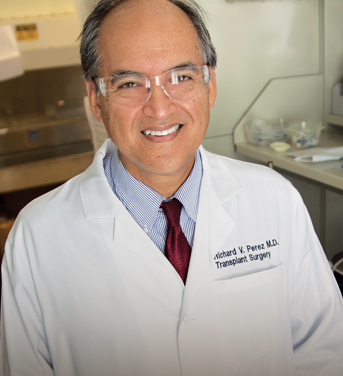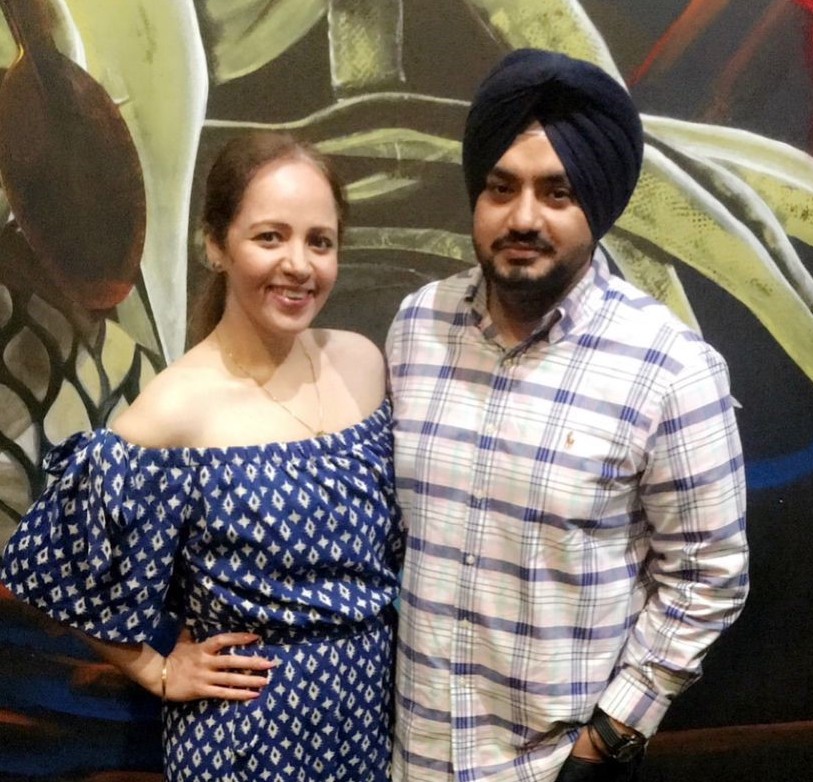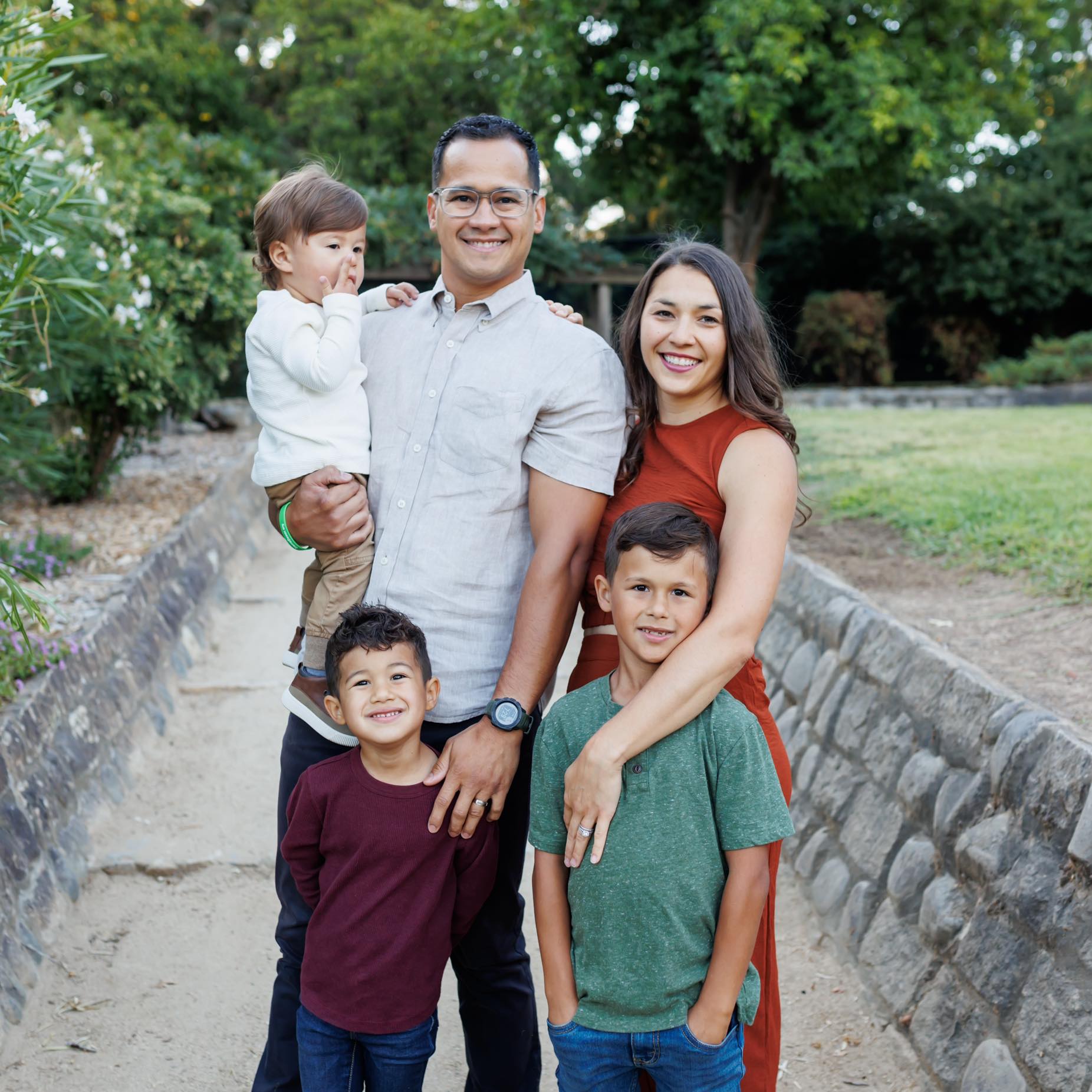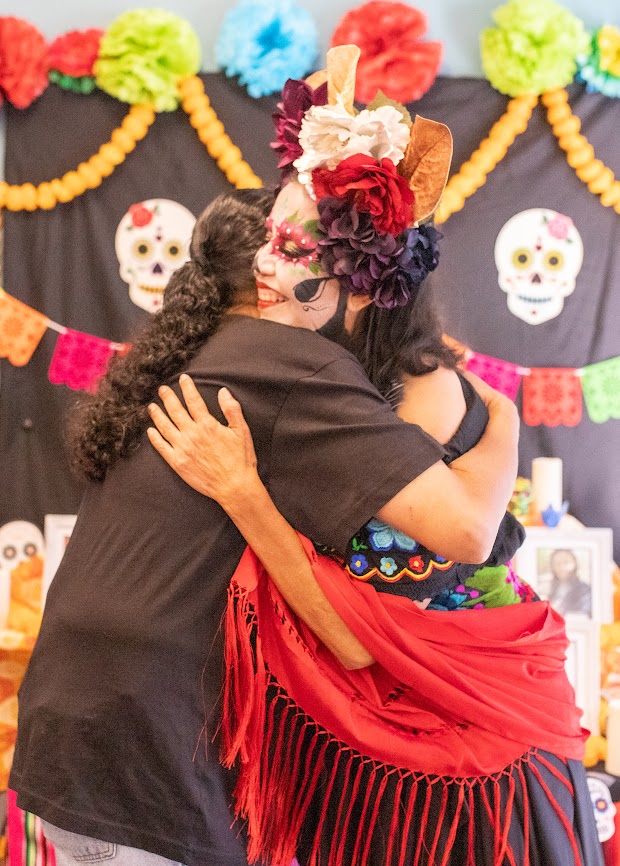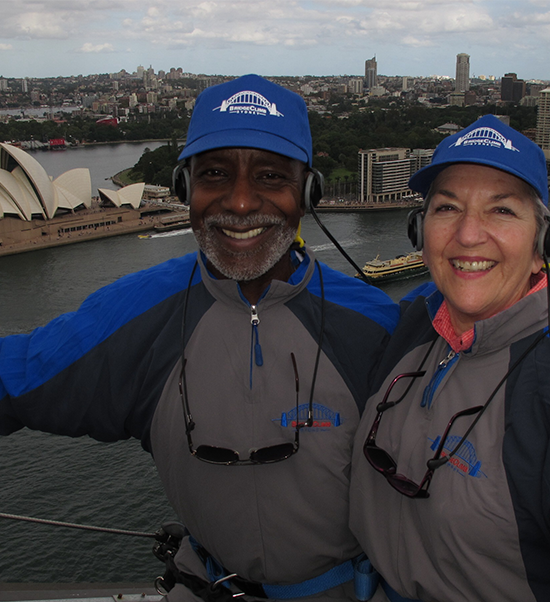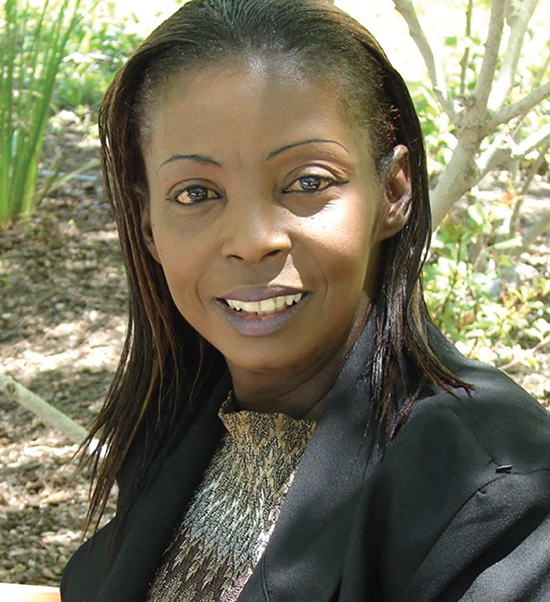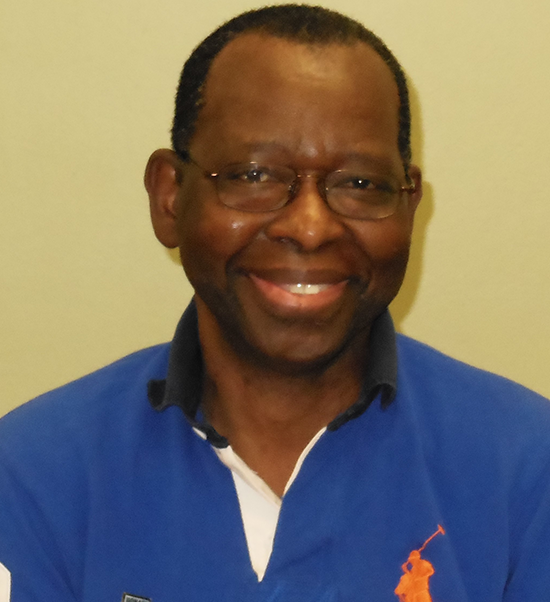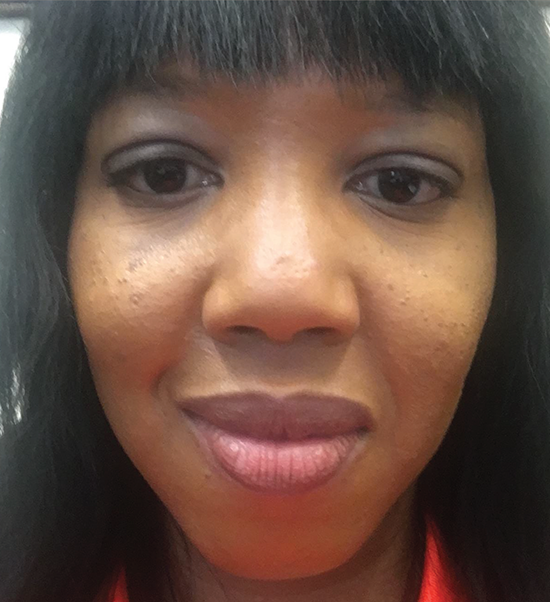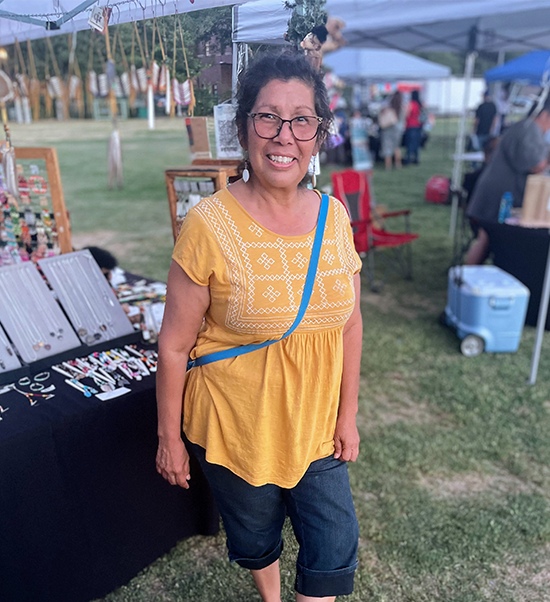Communities of color

Addressing the need
People of all ages, races and ethnic backgrounds can donate their organs and tissues.
Although organs are not matched according to race or ethnicity, recipients and donors of the same ethnicity are more likely to match. Even more importantly, studies show that transplants may be more successful when organs are matched between members of the same ethnic and racial group.
Particularly in communities of color, medical and societal distrust create barriers to donation.
Asian American Donor Family and Recipient Stories
Asian American
Asian Americans, the fastest growing ethnic group in the United States, make up 6% of the nation’s population and 16% of California’s. Yet, on the national transplant waiting list, Asian Americans account for 8% of waiting patients and 19% of those waiting in California.
Despite the abundance of Asian Americans working in healthcare in the U.S., they have the lowest organ donation registration rate. Sadly, mistrust and cultural taboos create barriers for Asian Americans from becoming donors.
The need for Asian American organ, eye and tissue donors is critical. Please register today.
Resources for Asian American families
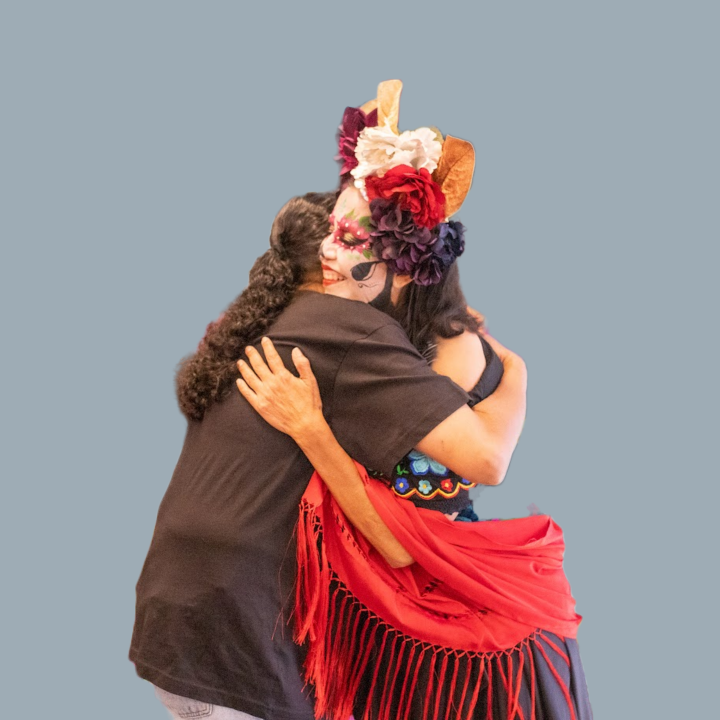
More Hispanic/Latino/x Donor Family and Recipient Stories
Hispanic/Latino/x
Hispanic or Latino people make up nearly 19% of the nation’s population, yet, on the national transplant waiting list, Latinos account for over 23% of the waiting patients. In California, nearly half (49%) of those waiting are Hispanic.
Latinos tend to suffer from diabetes, heart disease and obesity at disproportionately high rates, putting them at risk for organ failure. Several factors including language barriers, mistrust, lack of awareness, concern for immigration status, and limited access to care create barriers for Latinos becoming organ donors.
The need for Hispanic/Latino organ, eye and tissue donors is urgent. Please register today.
Para obtener más información, haga clic aquí.
Resources for Hispanic/Latino/x families
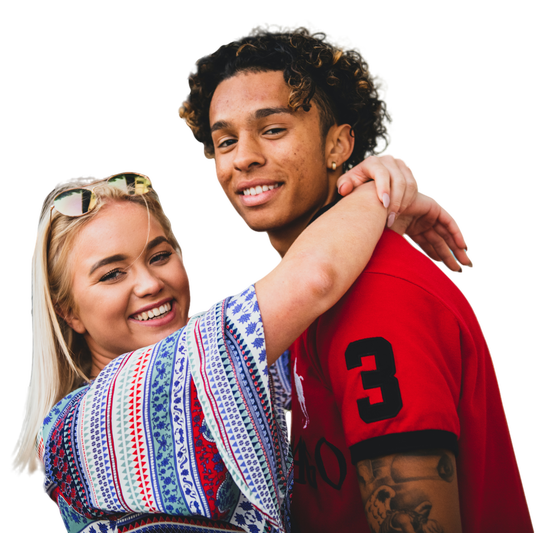
More African American Donor Family and Recipient Stories
African American
Black/African Americans make up nearly 17% of the nation’s population and 6% of California’s. Yet Black patients account for over 27% waiting on the national transplant waiting list and nearly 10% in California.
Some types of organ failure occur more often in communities of color. Black and African Americans are three times more likely to have kidney failure compared to White Americans. In 2020, there were more than 28,000 African Americans on the kidney transplant waiting list, but only one in five of those patients were matched and received a transplant. Thousands of African Americans are currently on the national transplant waiting list. More than 2,000 of those patients are in California alone.
Although the need is prevalent, medical mistrust and societal distrust of organ donation have made cultural barriers for African Americans from becoming donors.
The need for African American organ, eye and tissue donors is vital. Please register today.
Resources for African American families
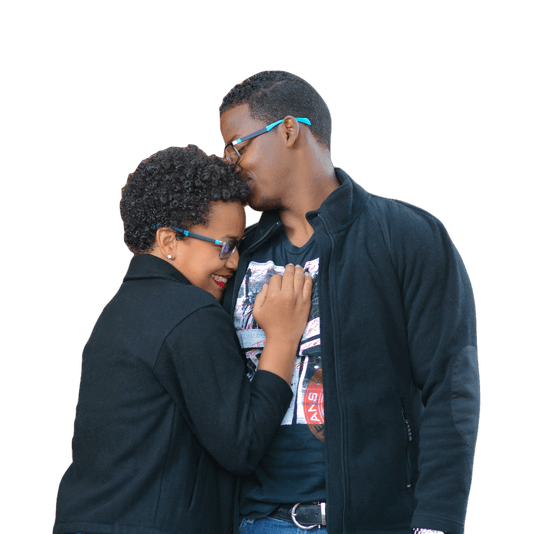
More Native American Donor Family and Recipient Stories
Native American
Over 4 million people in the U.S. identify as American Indian or Alaska Native and 750,000 people in California. Nearly 900 are on the national transplant waiting list and over 100 are in California.
We recognize that the Native American people have long experienced lower health status when compared with other Americans. These disparities contribute to higher rates of heart disease, diabetes, and chronic liver disease due to inadequate education, disproportionate poverty, discrimination in the distribution of health services, and cultural differences.
Although the need is prevalent within Native American communities, medical mistrust and societal distrust of organ donation have built barriers for more Native Americans from becoming donors.
The need for Native American organ, eye and tissue donors is critical. Please register today.
Resources for Native American families
